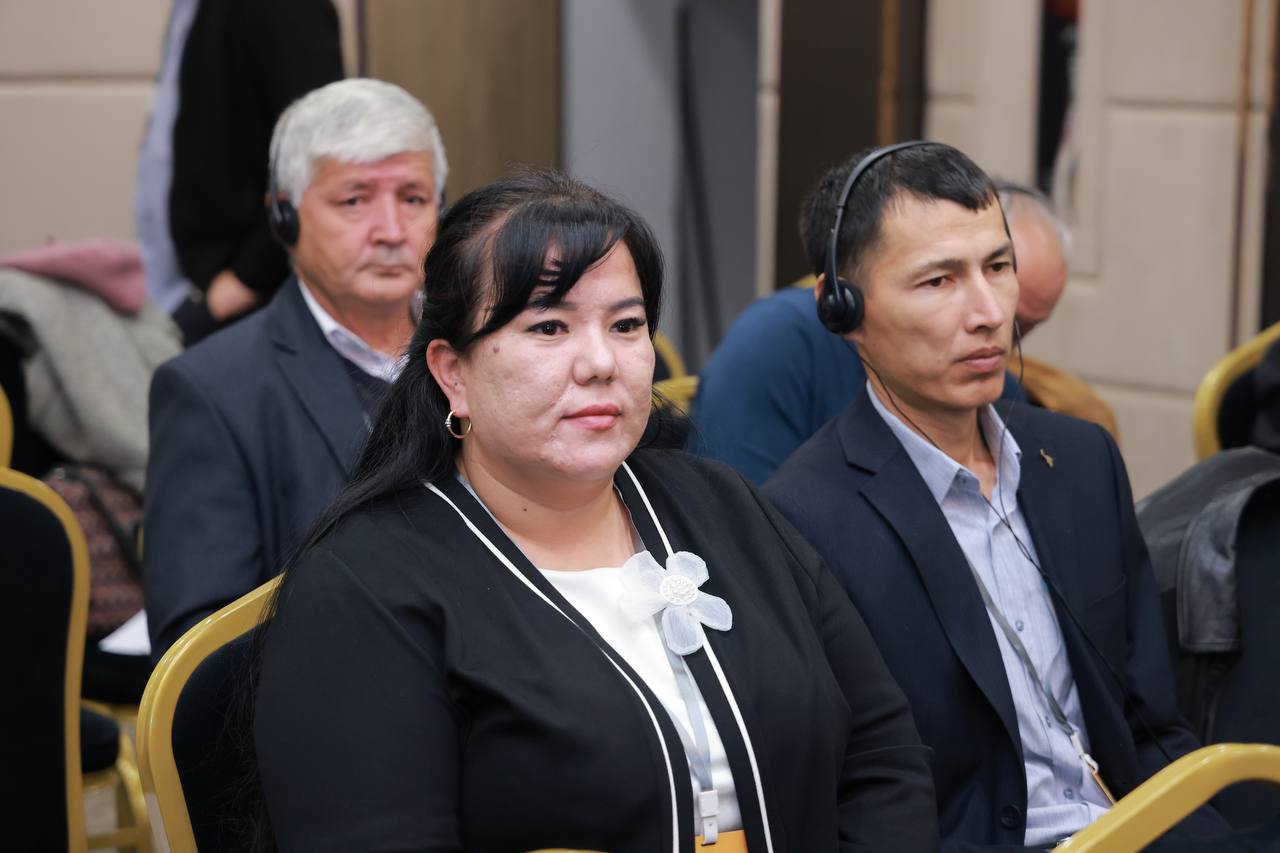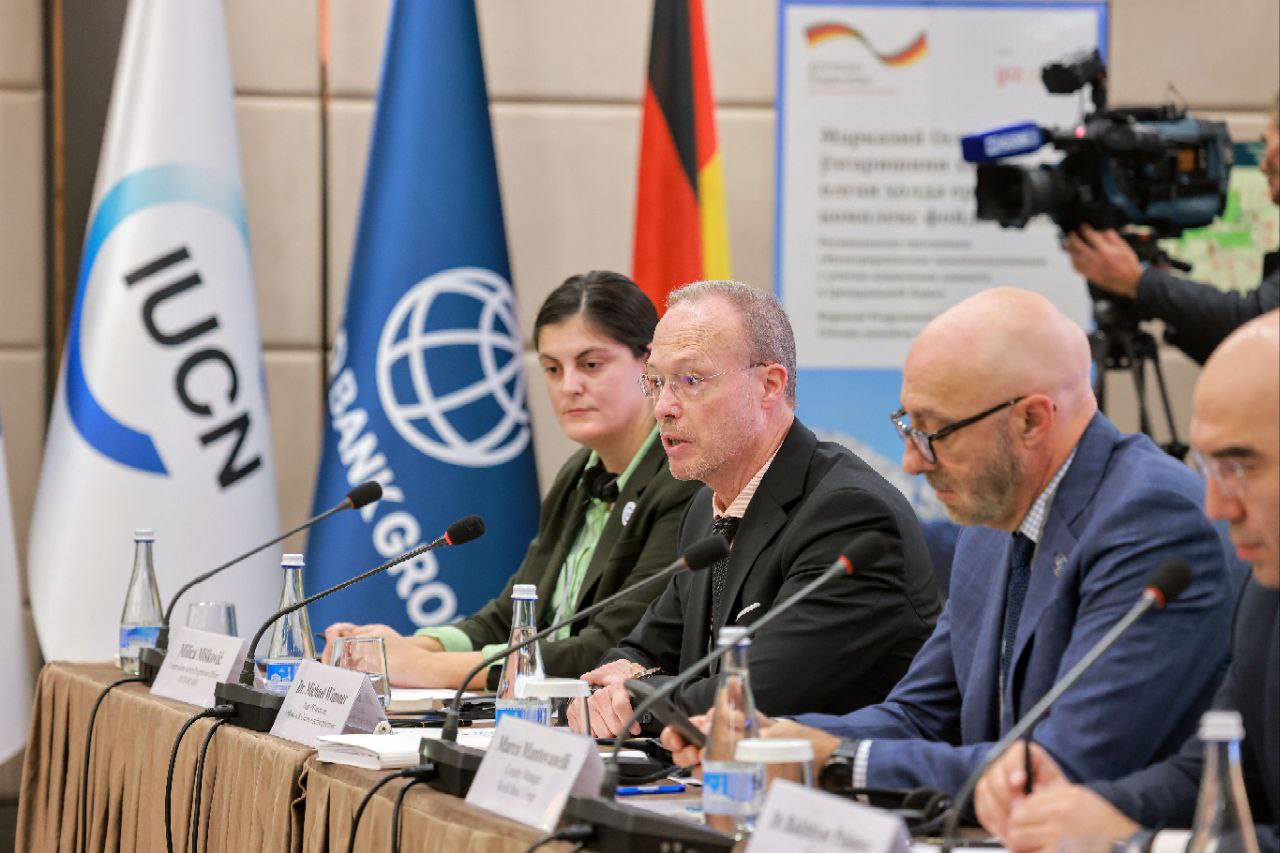
The roundtable "Regional Dialogue on Transboundary Nature Conservation in Central Asia" has started in Tashkent. The event involves representatives of government organizations from Kazakhstan, Kyrgyzstan, Tajikistan, Turkmenistan, and Uzbekistan, as well as domestic and international organizations.
"The Government of Uzbekistan is honored to be one of the organizers of this three-day event for knowledge exchange on the conservation of regional transboundary biodiversity. This is an opportunity for us to start shaping a shared vision that will allow us to harness the environmental and economic benefits in the common transboundary corridors in Central Asia and promote nature tourism," said Minister of Ecology, Environmental Protection and Climate Change of the Republic of Uzbekistan, Aziz Abdukhakimov, in his welcome speech.
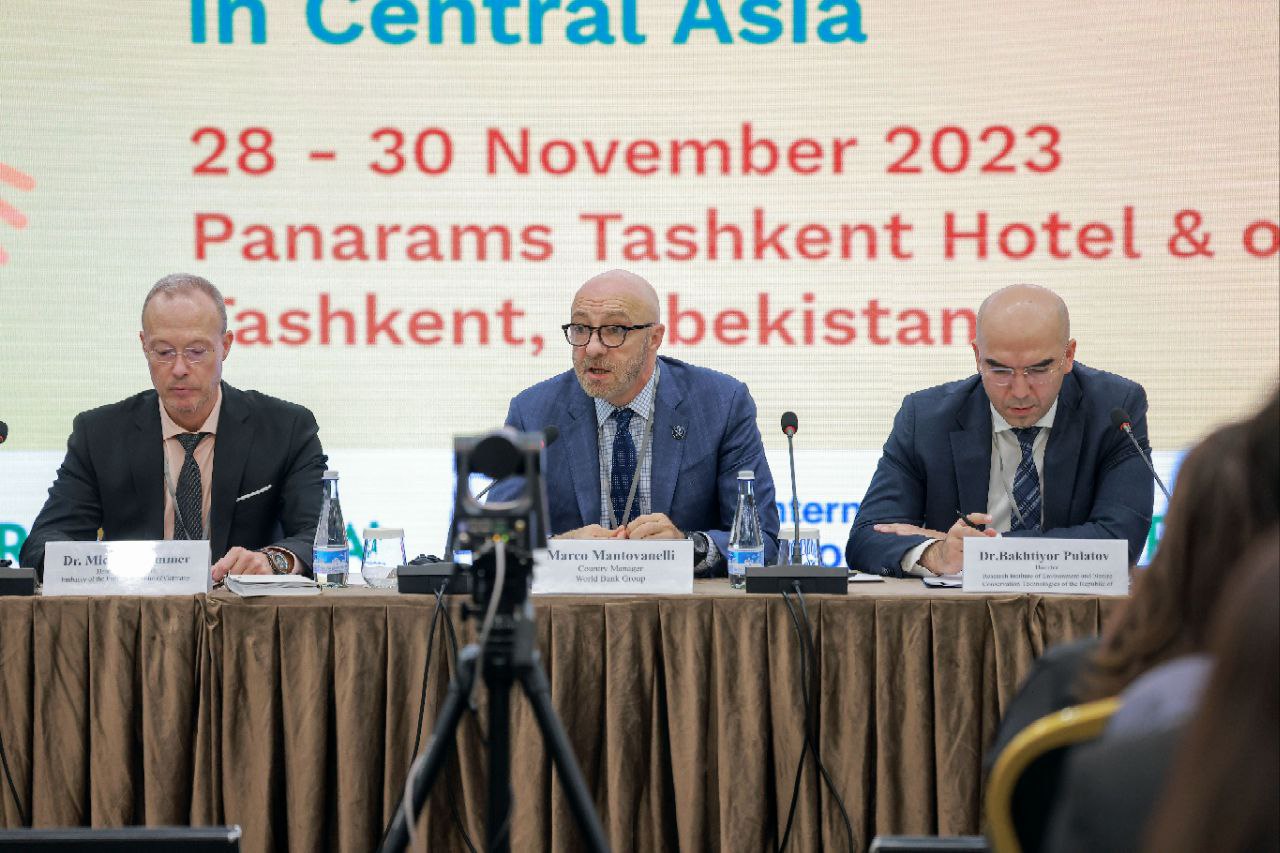
The regional dialogue was organized by the Ministry of Ecology, Environmental Protection and Climate Change of the Republic of Uzbekistan in collaboration with the International Union for Conservation of Nature (IUCN), the World Bank, and the German Society for International Cooperation (GIZ) with the aim of strengthening regional cooperation among the countries of Central Asia. The dialogue is part of initiatives supported by the World Bank's "Resilient Landscapes in Central Asia" Program (RESILAND CA+) and three regional programs implemented by GIZ, which encourage cooperation between the countries of Central Asia in relevant areas: Green Central Asia, Integrated and Climate-Sensitive Land Use in Central Asia (ILUCA), and Ecologically Oriented Regional Development of the Aral Sea Basin (ECO ARAL).
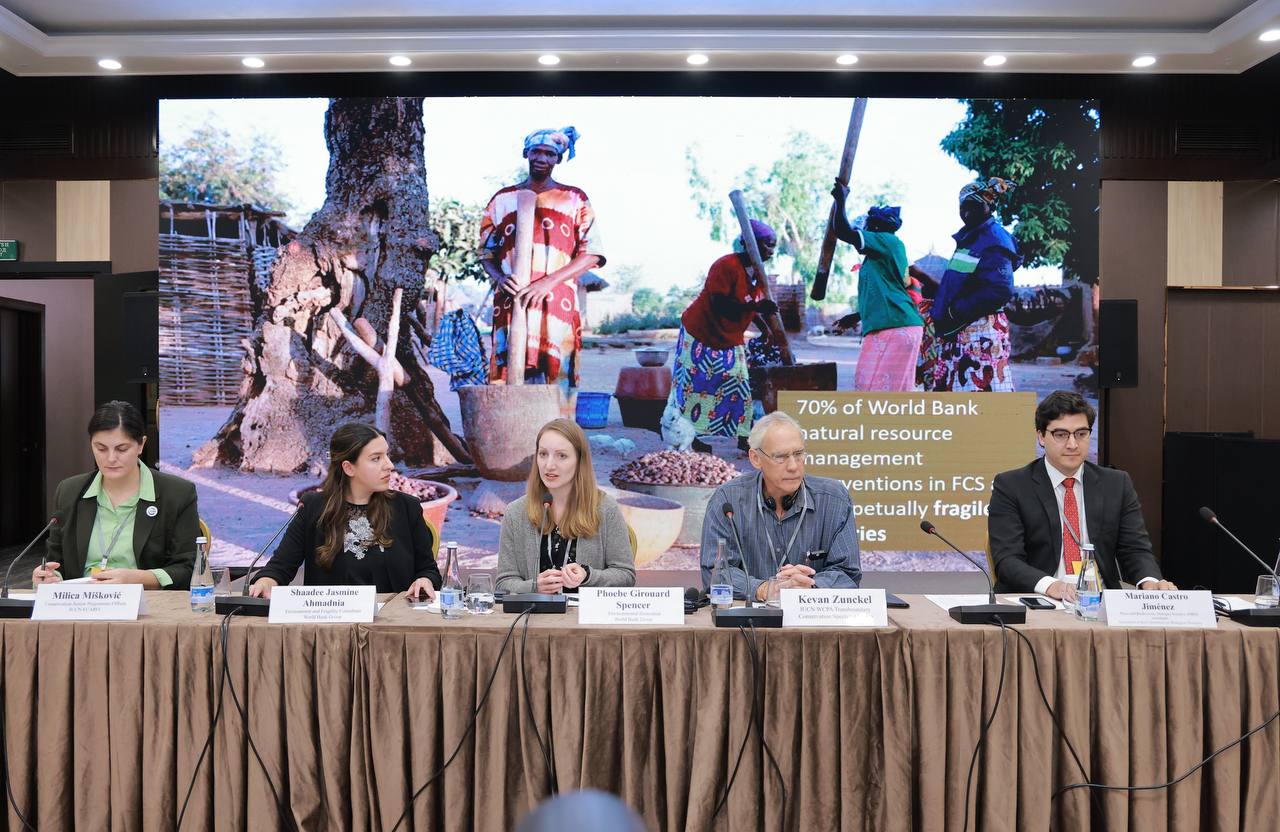
It is worth noting that ecosystems divided by borders are often subject to different policies and governance structures. Transboundary conservation is a way to overcome these differences by fostering cooperation between relevant parties from participating countries. The dialogue offers numerous benefits, ranging from environmental benefits such as the thriving of wildlife and increased ecosystem services, to political cooperation that contributes to strengthening friendly relations between neighboring countries, economic collaboration, and social development.
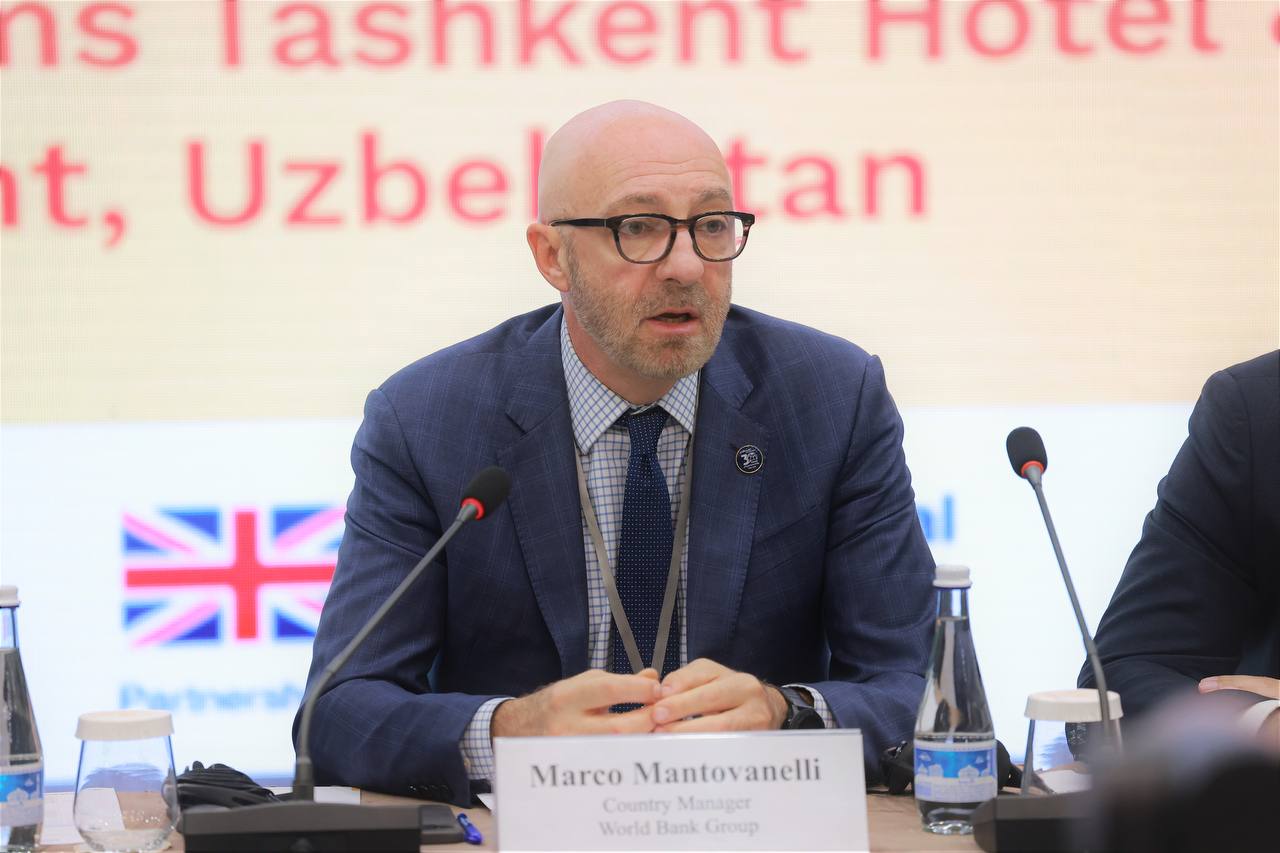
"The World Bank welcomes the efforts of Central Asian countries to take joint measures for the conservation of transboundary biodiversity. We will continue to support the regional dialogue and specific actions in this area through our RESILAND CA+ program. Specifically, the Bank-funded project will help implement concrete measures for land restoration in six transboundary corridors along the borders of Uzbekistan, Kazakhstan, Kyrgyzstan, and Tajikistan," noted Marco Mantovanelli, the World Bank's representative in Uzbekistan.
Transboundary conservation contributes to the long-term survival of migratory species by increasing the protected area, reducing fragmentation, and improving connectivity. This is of great importance to Central Asia, where critically important migration corridors provide refuge for unique species such as wild herds of goitered gazelles and saiga antelopes, to name just a few.
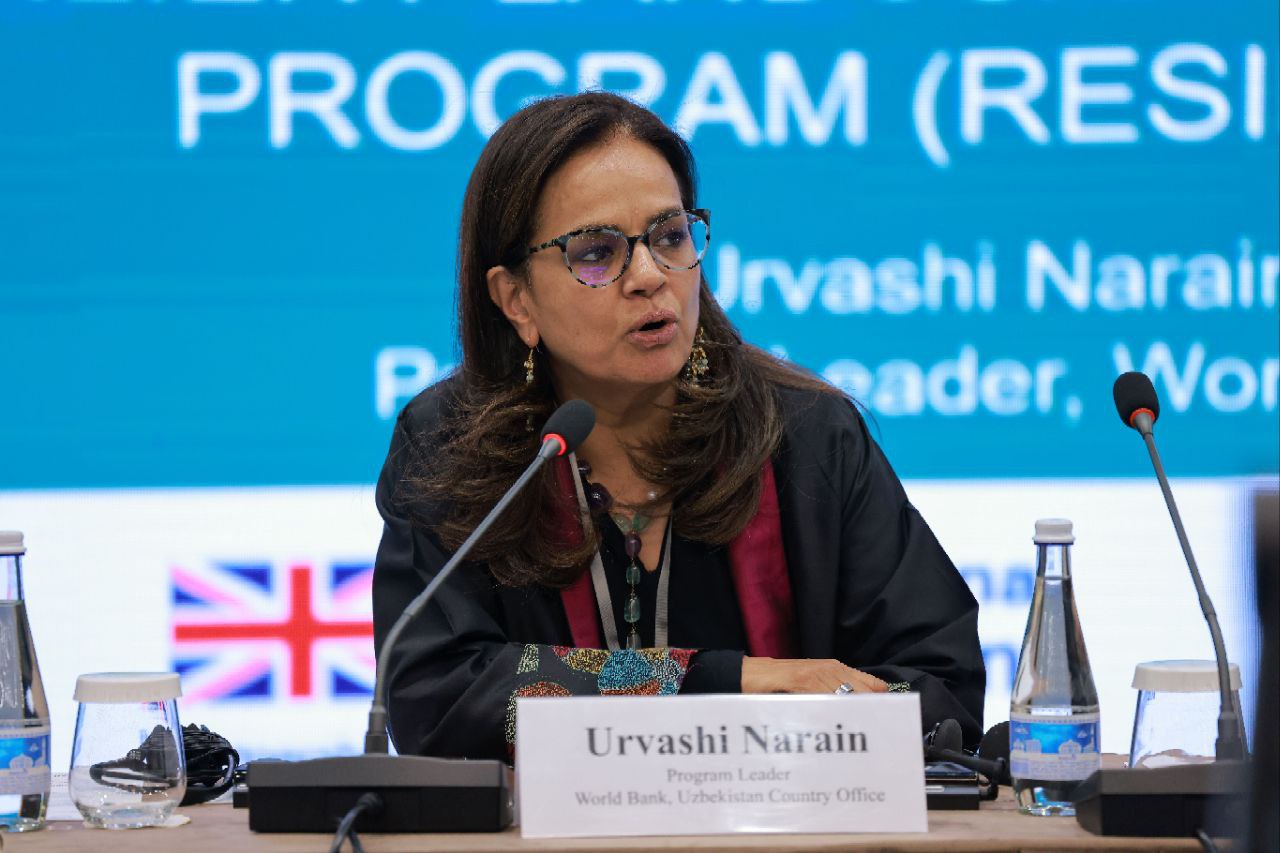
"A shared vision, political leadership, and broad community participation are key to successful transboundary nature conservation. The inclusion of the Turan Desert in the UNESCO World Heritage List of transnational sites this year is a clear indication of the increased potential for nature conservation in Central Asia. IUCN will continue to assist partners at all levels in promoting regional and transboundary initiatives in the region," emphasized Boris Erg, Director of the IUCN Regional Office for Europe. "Currently, IUCN supports the finalization of the Framework Plan for Transboundary Cooperation between Kazakhstan, Kyrgyzstan, and Uzbekistan, who are committed to coordinated actions in the West Tian Shan mountain region," Erg added.
For information, the World Commission on Protected Areas (WCPA) of IUCN has developed a set of common principles and recommendations for best practices to support officials involved in transboundary conservation programs.
As part of the IUCN Regional Dialogue, a training session on transboundary conservation was organized for national management authorities, regional experts, and protected area managers. It introduced a diagnostic tool for transboundary conservation planning, developed by the IUCN World Commission on Protected Areas (WCPA).
Through this tool, participants learn how to assess the feasibility of establishing transboundary initiatives, develop strategies to manage the interests of stakeholders, mitigate risks that may hinder the process, achieve consensus on shared goals and management approaches, and develop a shared vision.
